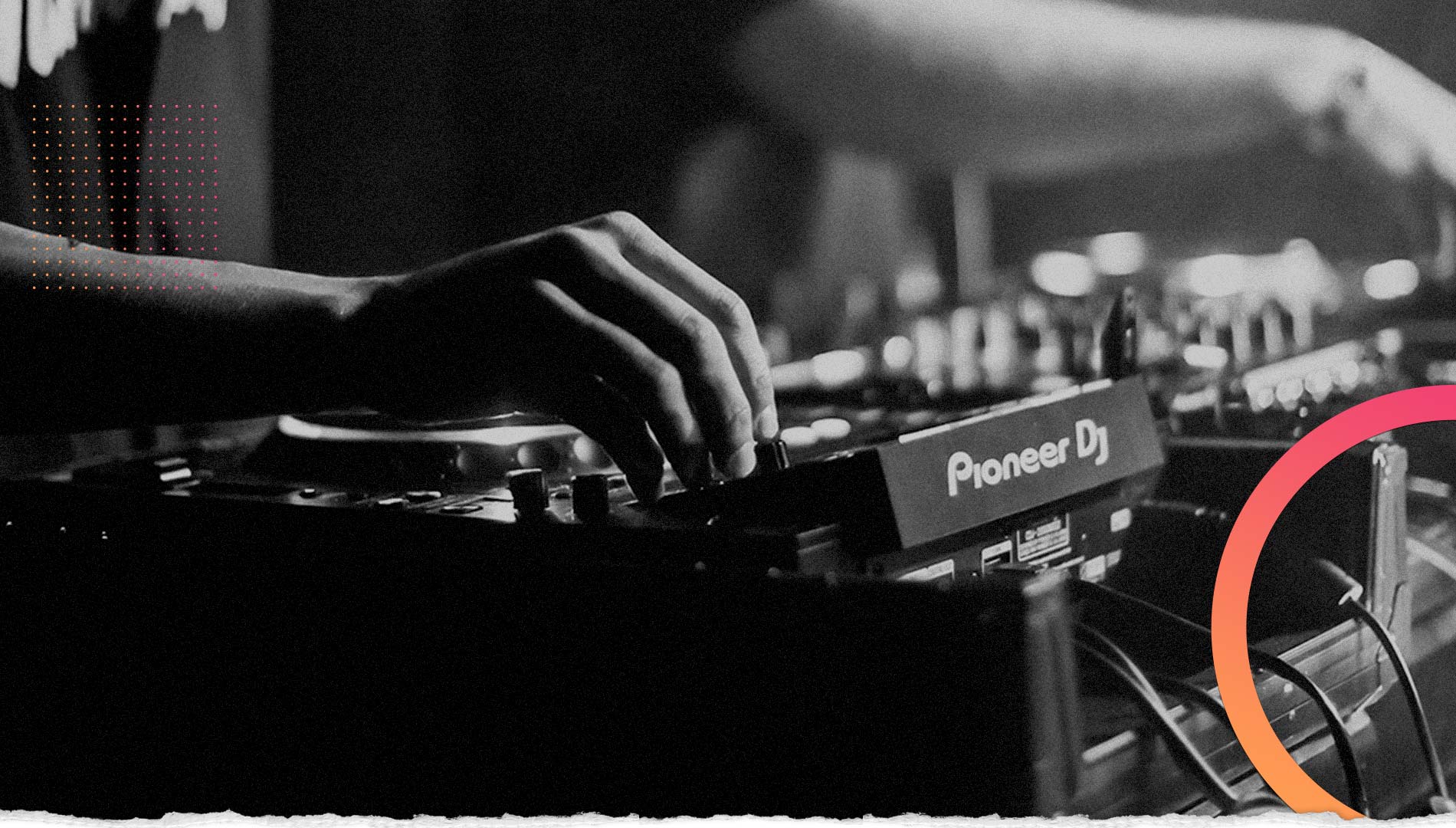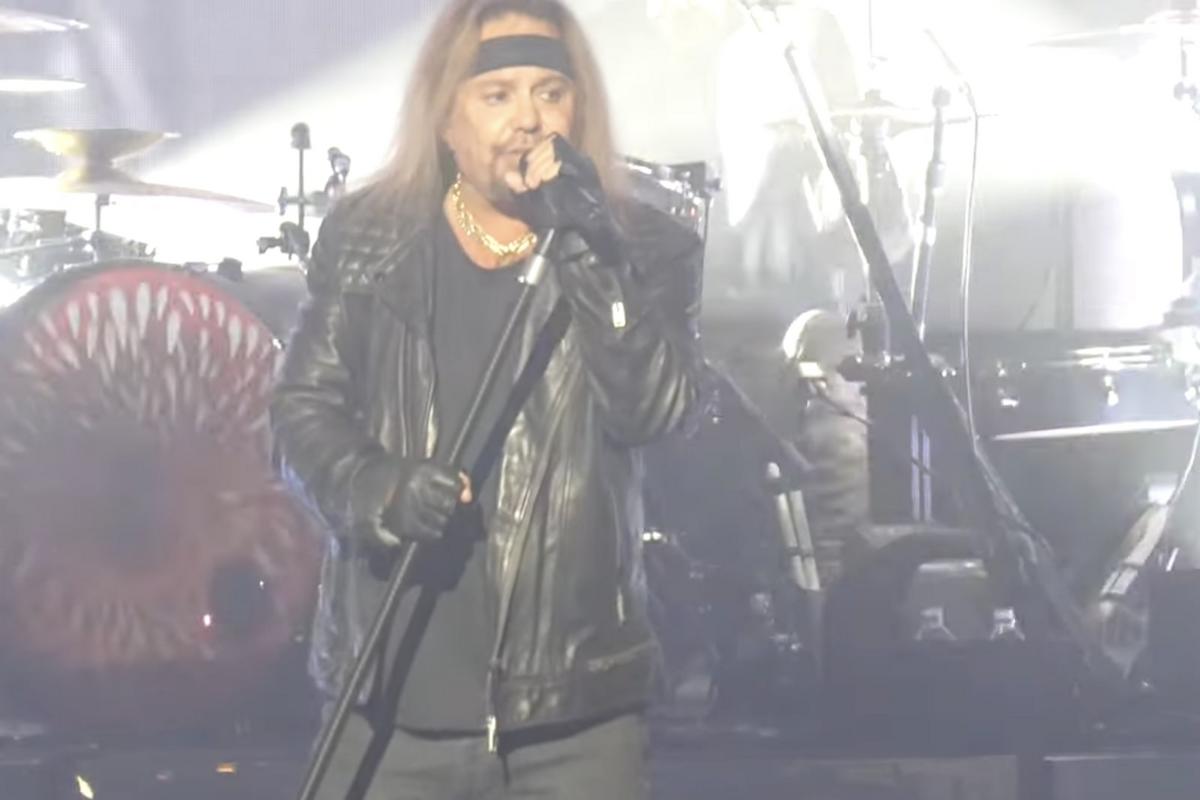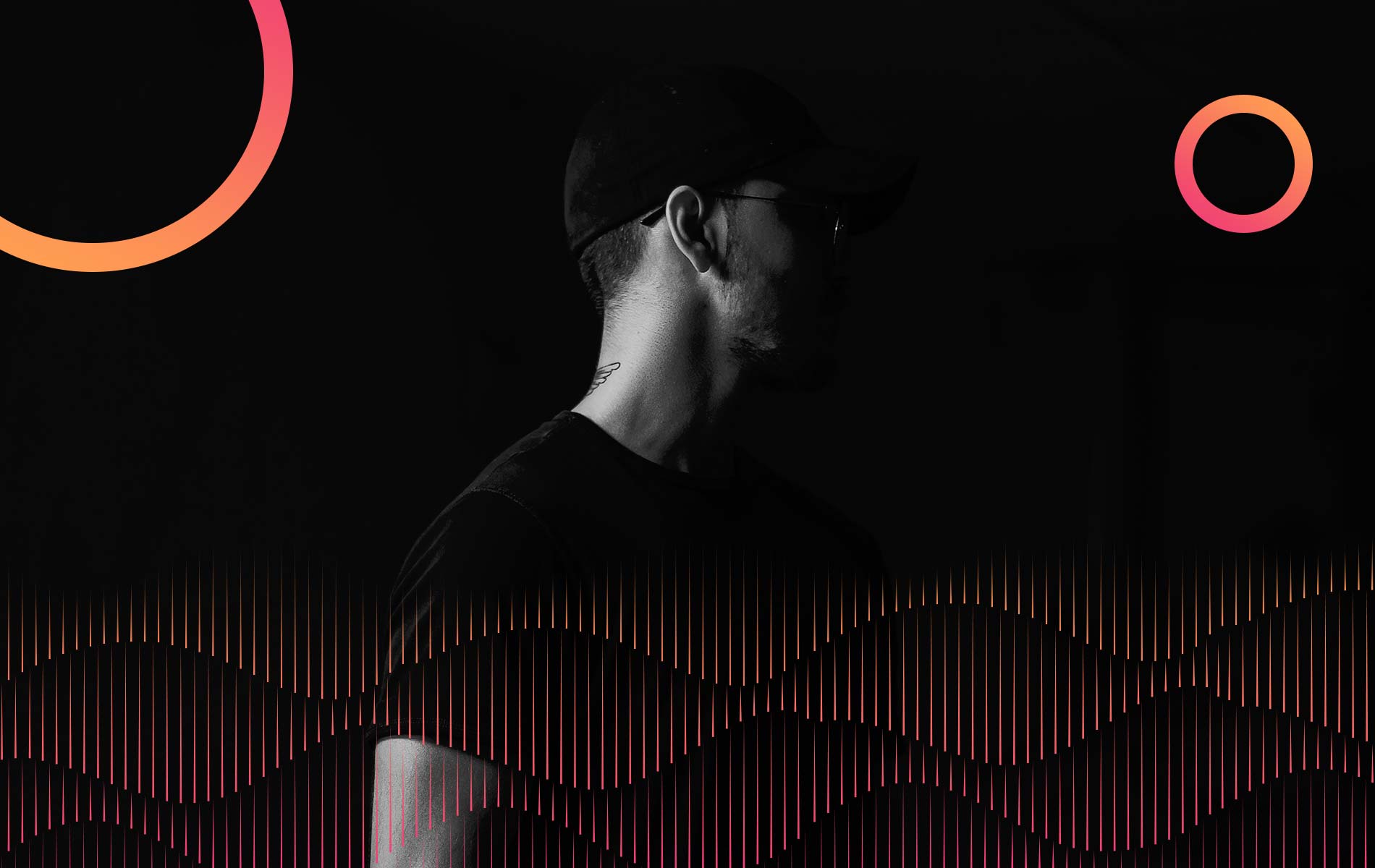The United Nations called for a ceasefire in Gaza on Dec. 12, without a condemnation of the gender-based atrocities committed by Hamas during its Oct. 7 attack on Israel.
We have seen video images of German-Israeli captive Shani Louk’s limp body held up, naked, her hair being yanked and spit upon; of another captured female hostage with visibly bloodied pants, and of a girl tied down, naked, as a terrorist sits on her in a moving truck.
We have read the findings of murdered women’s pelvises being broken, young women’s bodies burned beyond recognition near an outdoor music festival where more than 360 people were brutally slain, and the dead bodies of young kibbutz girls found face-down with evidence of sexual assault.
We have heard stories from survivors — peering out from under dead bodies — who witnessed girls being repeatedly raped by terrorists. And we have read forensic evidence of the genital mutilation of many victims.
All of these barbaric atrocities torment our souls.
Rape during war has occurred since the beginning of conflicts. However, on Oct. 7, we witnessed a sadistic, brutal and intentional targeting of young girls, teens and women. These violent sexual atrocities were widespread, planned, encouraged, gleefully celebrated, and posted on social media by the terrorists. One of Hamas’s leaders has declared that the terrorist group intends to attack Israel — and, presumably, repeat such atrocities — “again and again.”
These images, stories and evidence are unbearable realities that women around the world — but especially Jewish women — are absorbing, and they are terrified.
Secondary trauma or “vicarious traumatization” occurs when people who are connected to persons who have directly experienced traumatic events become indirect victims of the trauma. This is trauma that is sustained. The ubiquity of social media creates a re-traumatization and, dangerously, a normalization. Moreover, this is trauma that is invisible because of the indefensible silence of many international leaders and women’s advocacy communities.
The result of this secondary trauma is emotional decompensation. Many Jewish women in particular now feel unsafe. They have trouble concentrating at work and school; they remain silent about their nightmares and repetitive images of violence, their anger and hyper-vigilance; they experience sleepless nights, fearing for the girls and women still held captive in Gaza. This is a cohort of women who have experienced trauma layered upon trauma — politicians flaunting sexual violence, bomb threats and mass-shooting attacks on Jewish targets, the isolation of the pandemic. All have created a cohort of women primed for vulnerability.
This secondary trauma is particularly evident on college campuses, leaving many young women fearful of leaving their rooms or becoming targets for public abuse and violence. The secondary trauma is evident as women avoid going into work and transition to working remotely. Out of fear, some women change their last names when ordering Ubers, take off Star of David necklaces, put sweatshirts with Jewish or Hebrew icons to the back of their closets, and remove mezuzahs from their doorposts.
Exposure to this kind of trauma often prevents healing. That is especially true when the exposure is ongoing, as in this case, with the protracted release of selected hostages and pro-Hamas rallies with explicitly violent undertones and protesters — particularly large numbers of young men — in full facial masks. There are constant reminders of violence: explicit online threats, posters of hostages ripped down, Israeli flags defiled, swastikas painted on walls and floors. No wonder many Jewish women do not feel safe, and they do not feel protected. Thus, the secondary trauma is sustained.
Silence and inaction are barriers to healing, as well. Many political figures are demanding a ceasefire in Gaza with no mention of the horrors endured by female hostages or the unremitting peril — for all Israelis, and for Palestinian women (and their children) as well — from ongoing terrorist leadership there. Twisted narratives depict victims as oppressors. This is an inextricable conflation of politics with human rights violations, and free speech with human rights protections. it is damaging.
Yet, living with secondary trauma must not become the new reality.
For girls and women to feel safe, there must be official condemnation of the acts of Oct. 7 and their aftermath. The United Nations General Assembly must pass a resolution for accountability for the gender-based atrocities committed; national organizations and leaders must strongly voice their support for protecting women and their mental health. The violent tenor of protests must be reined in. Mental health support, particularly on college campuses, must be widely offered.
There is a path to healing, and that is through accountability and consequences. Rape must be widely and emphatically denounced as a wartime weapon, and the silence regarding it in this case must be broken.
Elyse R. Park, Ph.D., MPH, FAPOS, is a professor of psychiatry and medicine at Harvard Medical School and the Massachusetts General Hospital (MGH). A fellow of the American Psychosocial Oncology Society (FAPOS), she is director of the Health Promotion and Resiliency Research Center, associate director of Survivorship Research and Psychosocial Services for the MGH Cancer Center Survivorship Program; director of behavioral sciences for the MGH Tobacco Treatment & Research Center, and director of research at the MGH Benson-Henry Institute for Mind Body Medicine.
Mark C. Poznansky, MD, PhD, professor of medicine, Massachusetts General Hospital and Harvard Medical School, contributed to this opinion piece.







